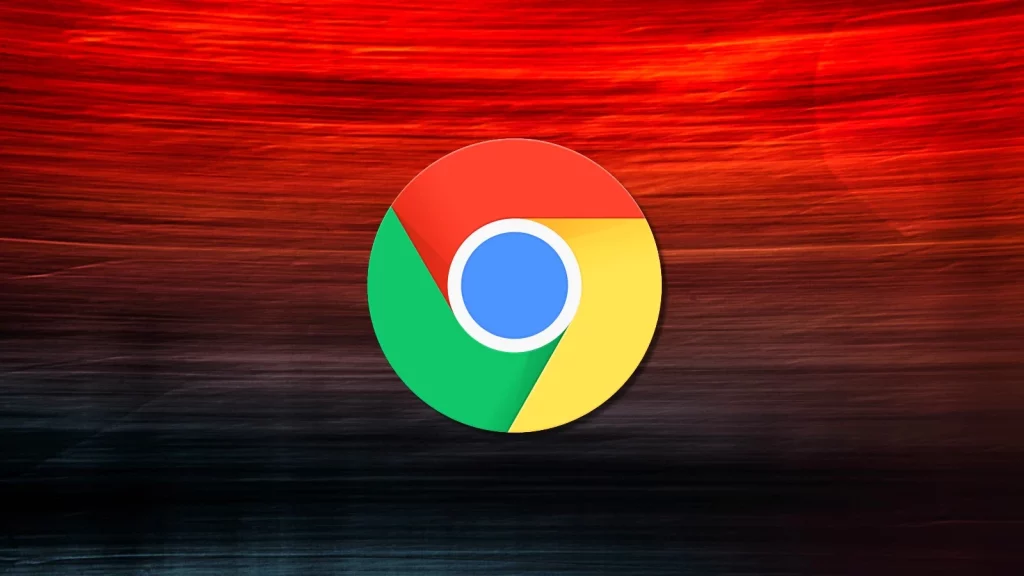According to recent comments from the tech behemoth, Google Chrome will soon stop operating on Windows machines. Given that Chrome has been one of the most widely used web browsers for both personal and business usage, this news may come as a surprise to many users.
According to Google’s statement, Chrome 109 will be the last version update that will continue to support Windows 7 and Windows 8/8.1.
The technological behemoth will make available Chrome 110 on February 7th. However, the update will only be usable on devices running Windows 10 or later.
Users’ fears about the future of their online surfing experience have been sparked by this move. Many rely on Chrome because of its speed, security, and functionality, and may not


Google advised users of Windows 7 and Windows 8/8.1 to upgrade to a supported Windows version, so they could continue to get Chrome’s security updates and new features.
Google’s warning coincides with Microsoft’s decision to stop providing security updates and technical support for Windows 7 and Windows 8.1 as of January 10.
Updates for WebView2, the program that enables programmers to incorporate online material into their applications, will likewise halt starting on January 10.
The Edge web browser will no longer get security updates or bug fixes after January 10th, according to a previous announcement by Microsoft.
Earlier publications have advised about the security hazards associated with utilizing an out-of-date operating system and browser.
Similarly, Google is currently developing a new feature that will let users resume media playback while they are on the move across various devices. To improve users’ listening experiences, the new media playback update—which includes cross-device notifications—was created.
According to sources, the cross-device notifications would allow users to resume listening to media content, such as a playlist or a podcast, that they were listening to in their vehicle, phone, or TV later.


